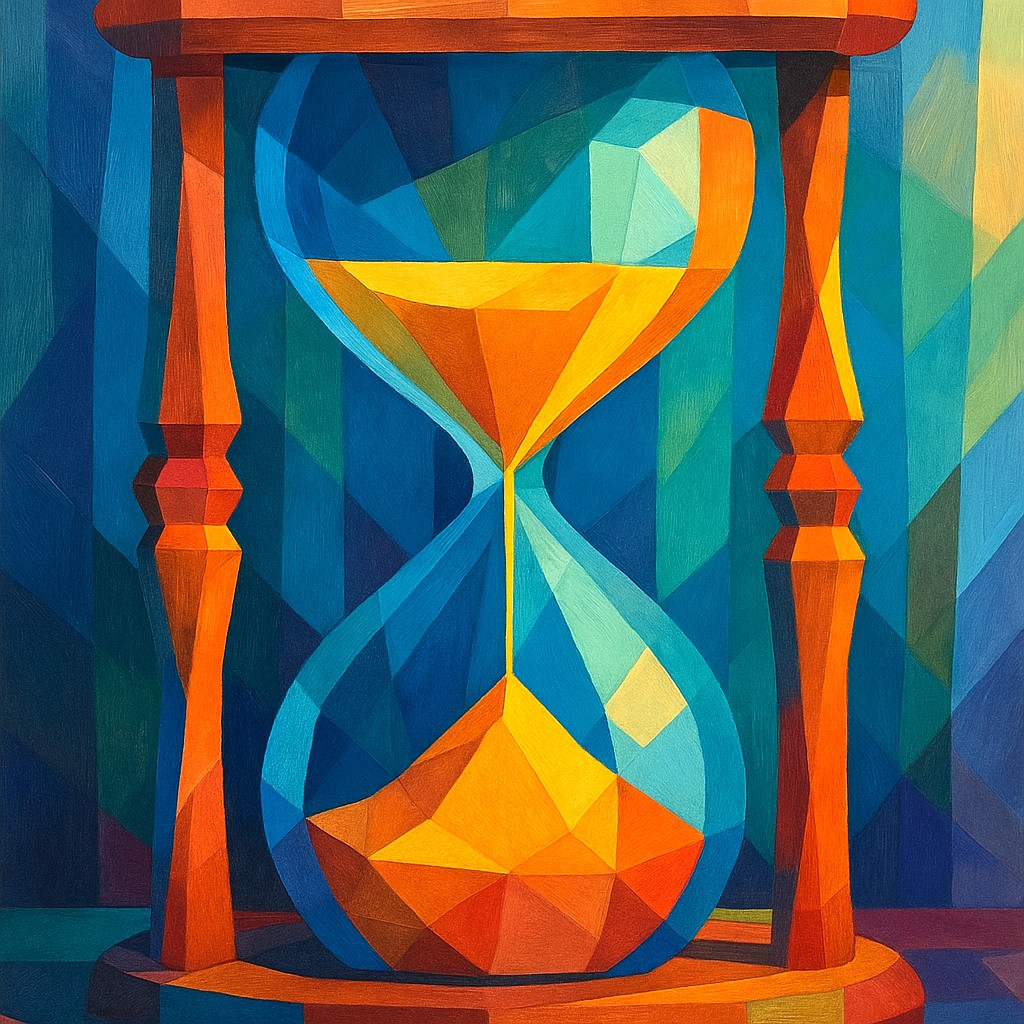Should vital health care be put up for auction?
The most important thing we can do to reduce the damage from a new pandemic is to prevent it.

Ki-generated illustration from Midjourney
Main moments
Some events put the world's injustices on the cusp, as well as the need for new, supranational institutions. A good example is the distribution of vaccines during the corona pandemic. While we distributed vaccines as needed within countries, vaccines were distributed according to the size of the wallet between countries. Rich countries received their third dose before the most vulnerable in the poorest countries had received a single dose.
This injustice is now mostly of historical interest, but we are by no means done with pandemics. As I wrote in the previous column in Dagsavisen, the parallel revolutions of synthetic biology and artificial intelligence increase the danger of a new pandemic. It could be much worse than the corona pandemic. The most important thing we can do to reduce the damage from a new pandemic is to prevent it, but we cannot rely on the fact that we can stop all pandemics. There's a new one coming.
Rich countries received their third dose before the most vulnerable in the poorest countries had received a single vaccine.
We therefore need new institutions that can ensure an efficient and equitable distribution of vaccines between countries, not just within countries. This is a formidable task. We are seemingly locked between two incompatible needs. The fairest thing is to distribute vaccines according to need, not according to who can pay the most. But each government has its own population in mind and a democratic obligation to look after their interests. When those two considerations conflict, the national self-interest will trump.
But what if there were a solution that could ensure both a fair distribution, and takes into account the self-interest of nations? In a new research paper In the journal Journal of Medical Ethics, Peder Skjelbred and I propose a new way of distributing vaccines that unifies both considerations: a redistributive auction.
Imagine that a vaccine alliance, like COVAX, made up of every country in the world, enters into agreements with vaccine manufacturers to purchase large quantities of vaccines. By guaranteeing large revenues, vaccine manufacturers will dare to take the considerable risks involved in developing and producing a new vaccine.
Once vaccines start to become available, one option is to distribute the vaccines to countries in line with how many vulnerable individuals the different countries have. This, apparently, would be the most fair solution. But if the corona pandemic is any indication, this is not a solution the rich countries will agree to. During the pandemic, they would rather make their own agreements with vaccine manufacturers to ensure they got vaccines first.
A solution that is more attractive to rich countries is to sell the vaccines to the highest bidder in an auction. It will allow the richest countries to secure as many vaccines as they need to protect their own populations. Unfortunately, this will produce an equally unfair distribution of the vaccines as during the previous pandemic.
However, these are not the only two possibilities. If the Vaccine Alliance sells the vaccines to the highest bidder nations, the alliance will be left with a financial surplus. The price the alliance negotiates with vaccine manufacturers will be lower than the rich countries are willing to pay. The profits created by the auction can be used to compensate the countries that have to wait to vaccinate their population. It provides redistribution.
We call this model a redistributive auction. The scheme unites the two considerations mentioned above: a fair distribution of the benefits and that countries can protect their own populations. Rich countries have to pay more for vaccines than they do under the current system, but they still want a secure way to procure vaccines for their own populations. A vaccine alliance may have agreements with many vaccine manufacturers, and since rich countries can pay more than poorer countries they will be able to ensure they get the vaccines first.
The poor countries, unfortunately, still have to wait for vaccines. But in contrast to the current system, they get an economic transfer from the richer countries. This ensures them a greater ability to pay for vaccines when more become available, as well as the ability to acquire other vital resources.
But how is this fair? That the poorer countries are compensated financially will do nothing about the unfair distribution of vaccines. But countries face more problems than shortages of vaccines.
Every country has a desire for both vaccines and money. Money can be used to cover many other needs, and many poor countries would rather have money than vaccines. To see that is the case, imagine an alternative system. The Vaccine Alliance distributes vaccines by population size so vaccines are distributed to poor and richer countries. The dispute is that we then offer the countries the choice of keeping the vaccines, or selling them through the auction. What do you think will happen?
Sure, any country that would wait to buy vaccines in the redistributive auction, because they were too expensive, would now sell the vaccines rather than spend money on other things — at least if they act rationally.
A redistributive auction does not solve all problems. It will operate within a world economy where some countries are poor and others are rich. That leaves poor countries facing a much more difficult situation than rich countries. They must choose between vaccinating their own population against pandemic viruses, or protecting them from malaria and providing them with education. However, this is not a weakness in the design of the redistributive auction, but of the world economy itself.
If Norway wants to do something about the great injustice of the next pandemic, the Ministry for Foreign Affairs should take the initiative to put in place a redistributive auction for vaccines.
More from Langsikt

Input to the strategy for Norway's cooperation with the World Bank
Norway should see its cooperation with the World Bank, particularly IDA, as more than an aid tool - it should be part of our long-term strategy to contribute to a stable and resilient world with less inequality and less poverty. Here are nine inputs on how.

Norwegian aid can accomplish much more if it is prioritized correctly. Here are suggestions on how
Below are two proposals for structural measures in the aid budget, and then two concrete budget amendments that can save free up room for action for new initiatives (a total of NOK 1 billion in 2026).

Input to Development Minister in Light of Global Aid Cuts
Global aid cuts must have consequences for Norwegian priorities.

The death of the aid percentage: An analysis of what Norwegian aid goes to
Never before has the share of Norwegian aid going to poverty reduction and development been lower.